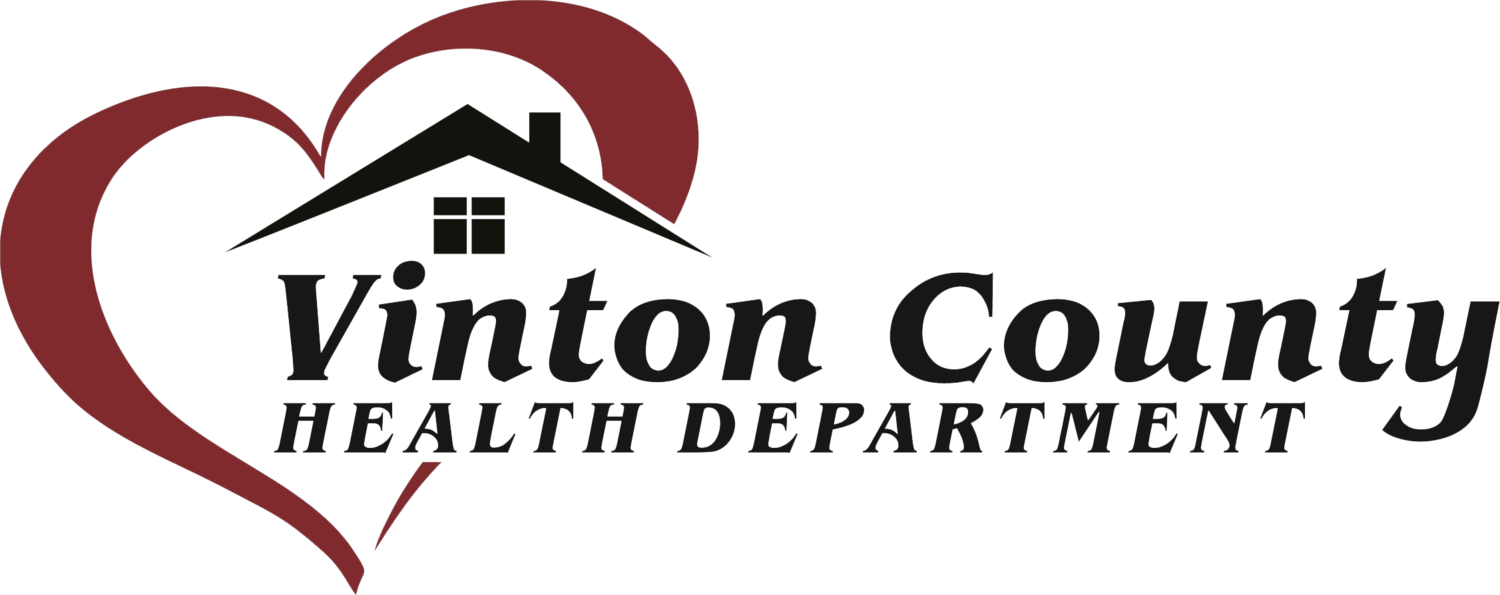Click Here to see 2026 Environmental Health Fees Effective January 01, 2026
The Vinton County Health Department conducts routine inspections of campgrounds to ensure the safety and health of all visitors. These inspections focus on several key areas:
Sanitation Facilities
Restrooms: Ensure they are clean, well-stocked with supplies (toilet paper, soap), and properly maintained.
Waste Disposal: Check that trash bins are available, emptied regularly, and that there are proper disposal facilities for RV waste.
Water Quality
Drinking Water: Inspect sources of drinking water for compliance with safety standards. Regular testing for contaminants is required.
Non-potable Water: Identify areas where non-potable water is used and ensure they are clearly marked.
Food Safety
Food Preparation Areas: If the campground offers food services, inspect the facilities for cleanliness, proper food storage, and handling practices.
Permits: Verify that food vendors have the necessary licenses and permits.
Overall Grounds Inspection
Pest Control: Look for signs of infestations and ensure appropriate control measures are in place.
General Maintenance: Assess the condition of campsites, including tent areas, roads, and fire pits, ensuring they are safe for guest use.
Emergency Preparedness
First Aid and Safety Equipment: Check for the presence of first aid kits and fire extinguishers.
Emergency Plans: Review the campground's emergency plans for natural disasters or medical emergencies.
All campgrounds must adhere to local health regulations to provide a safe environment for families and individuals. Non-compliance may result in necessary corrective actions or penalties.
Campgrounds are encouraged to maintain high standards to ensure a positive experience for all visitors while safeguarding public health.
Campground info
Please click here if you are opening a campground.
Tattoo inspection is an essential component of public health to ensure the safety and well-being of individuals who choose to get tattoos. Health departments conduct inspections of tattoo parlors and studios to verify compliance with state regulations and health codes.
During an inspection, the following areas are typically evaluated:
Sanitation and Cleanliness: Inspectors check the cleanliness of the facility, including equipment, workstations, and the overall environment. Proper sterilization methods must be in place to prevent the spread of infections.
Licensing and Certifications: Tattoo artists must hold the required licenses and certifications. Inspectors verify that all personnel have completed necessary training in bloodborne pathogens and infection control.
Equipment Safety: All equipment used in the tattooing process, such as needles and inks, must be sterile and sourced from reputable suppliers. Inspectors review inventory and storage practices.
Client Safety: The inspection process includes reviewing client consent forms, health screening procedures, and aftercare instructions provided to clients. Ensuring that clients are informed about potential risks is crucial.
Waste Disposal: Proper disposal of biohazardous waste is inspected to ensure environmental safety and compliance with health regulations.
Adhering to these guidelines is crucial for tattoo studios to operate safely and responsibly. Regular inspections help maintain public confidence in the safety of tattoo services. If you are considering getting a tattoo, ensure that the parlor you choose adheres to local health department regulations.
Please contact our office for further information on Tattoo & body Piercings. (740)-596-0473


